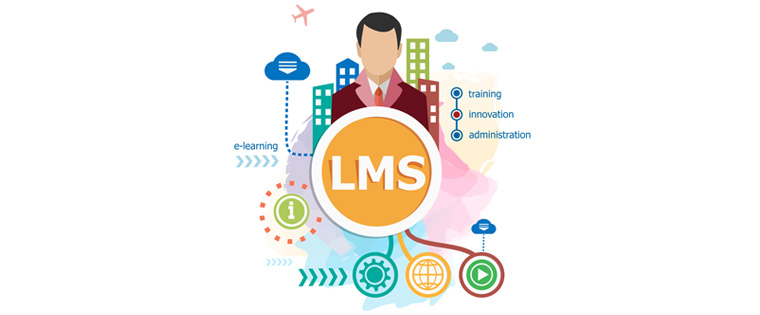Track Your Learning Experiences 100% with xAPI Enabled LMS

Learning has crossed the doors of the classroom long ago and conquered the online terrain. Learning Management Systems (LMSs) are confined to recording and tracking learning on digital devices. So how do we track learning at the workplace that has become informal in the form of activities, networking, work assignments, and collaboration outside the classroom?
→ Download Now: State of Learning (Now and Beyond) [eBook]
Without registrations and completions, how can you track learning? If you’re asking these questions, it’s high time you ramp up your LMS to make it relevant to the emerging needs of workplace learning. Experience API (xAPI) or Tin Can API has the potential to deal with advanced learning forms that are merging with work.
Transition: SCORM to xAPI
The Sharable Content Object Reference Model (SCORM) is used for publishing, launching, and tracking elearning courses. SCORM has supported elearning authoring tools and LMSs for years. But, down the line, SCORM proved to be ineffective in tracking informal learning at the workplace. It was confined to tracking elements such as lessons read, test marks, and course completions. Running on JavaScript also restricted SCORM to just desktops. To overcome these limitations, the Tin Can API or Experience API has come into the picture.
Not limited to formal learning
Experience API enables learning professionals include all learning experiences along with formal lessons and tests in elearning or mobile learning courses. xAPI tracks learning based on the activities people do. This concept is derived from the activity of people on social media sites. xAPI is helpful to track the tasks done using computers such as regular office work, social media interactions, crossing one level after another in games, etc.
Unlike traditional LMSs, a xAPI enabled LMS is not limited to tracking the learning in elearning modules. It will also track systems at the workplace such as knowledge repositories, group platforms or online forums, data management, Enterprise Resource Planning (ERP), helpdesk, talent management, performance management, etc. xAPI enabled Learning management System (LMS) can also extend to track real work outputs, deliverables, and tasks.

A Bird’s Eye View of What Top-Performing L&D Teams are Doin
- Aligning Learning Strategy with Business Strategy
- Developing Business Skills for the Future
- Investing in the Right Technology
- Much More
How does the xAPI work?
The xAPI defines learning activities as statements. These contain a subject, object, and verb. When an employee does a defined action in an organization’s learning portal that enables the xAPI, which validates the xAPI learning experience.
For example, a product sales representative accesses a mobile performance support solution at the client site. Then the xAPI enabled interface asks for feedback such as ‘is this useful?’, ‘were you able to finish the task?’ Based on the responses, xAPI records and tracks the employee performance and sends it to the Learning Record Store (LRS).
xAPI Implementation
Experience API can be implemented with rapid authoring tools and LMSs and can be extended to mobile learning applications, game-based learning modules, and simulations. Some advanced LMS solutions have an administrator interface to update API statements and employee records.
Knowledge repositories and networking workspaces have a great scope of using xAPI. If Learning and IT professionals come together for xAPI implementation, it will be possible to integrate all learning activities into the workflow.
Bottom Line
Experience API comprehensively gathers the details of your learning. It tracks and maintains a record of the results of various tests. It has brought revolutionary changes in corporate training. xAPI offers you the capability of analytics to assess the learning content’s effectiveness. In a way, this will improve the quality of elearning courses.
Have more insights on xAPI? Share with us.





